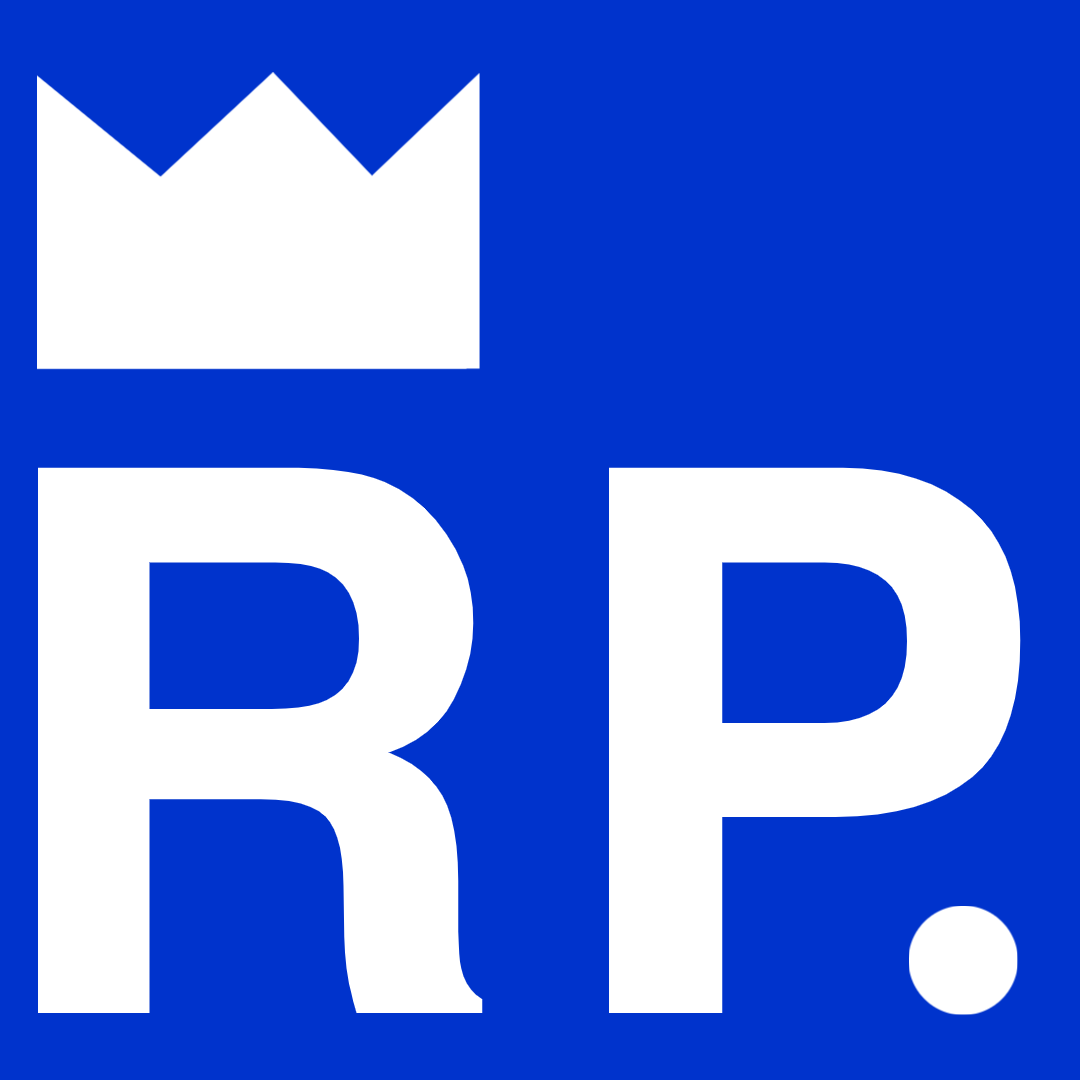COVID-19 changes the course of standardized testing across the country
Jan 19, 2022
COVID-19 without a doubt has significantly changed the opinions of many colleges on standardized testing. The global pandemic has caused a drastic change in the amount of ACT and SAT tests available for students to take.
“I prepared for my SAT through Khan Academy and YouTube,” George Lu, junior, said. “I am not worried about standardized tests as much as other things involving school because many colleges are becoming test optional.”
Lu, and many other students at HHS have their own opinions on standardized tests, and have prepared for them in certain ways depending on these opinions.
Many prestigious colleges began to loosen their requirements on standardized testing following the pandemic, using wording like “optional,” instead of “recommended”. Some colleges that have made standardized testing optional on applications permanently or for a short period of time because of COVID-19 include Harvard College, Duke University, and the University of California, Berkeley.
Berkeley is not the only public university in California going test optional. In fact, every public university in California has gone either “test blind,” meaning they do not take test scores into consideration even if submitted, or test optional.
Another factor contributing to the increase in schools making standardized tests optional in admissions has to do with income. Universities around the world are beginning to realize that a family’s income could impact a student’s test score, which is completely unfair.
Wealthier families are able to afford resources such as tutoring and online programs that give their children initial advantages before taking a standardized test. One-on-one tutoring can range from $40-$200 per hour, and online programs and in-person courses can cost more than $1,000.
The relationship between family income and standardized test scores was shown in a May 2021 study by Forbes author Mark Kantrowitz. It showed that students from families that made at least $100,000 are more than twice as likely to have SAT scores between 1400 to 1600 than students from families that made less than $50,000.
“I personally don’t think colleges should require standardized tests, and I don’t think they truly show much that a student has to offer,” Lu said. “I think schools should look more at your grades, AP scores, and extracurricular activities.”
Counselors and teachers see the issue of standardized testing firsthand.
“These tests that are one day, one point in time, depending on how you ate that morning and how you slept the night before, determine your future,” said Correne Larsen, a counselor at HHS.
Larsen believes that standardized tests are very controversial as it is one moment that could make or break your entire college future.
“Prior to COVID-19, there were colleges that were going test optional and test blind, and I think that that has actually sped up the process of more colleges going test optional, which I was pretty happy to see,” Larsen said.
Larsen also stated that in the following years, test optional colleges should observe how their incoming classes perform academically, and decide whether or not to make standardized tests a requirement based on those indicators.
